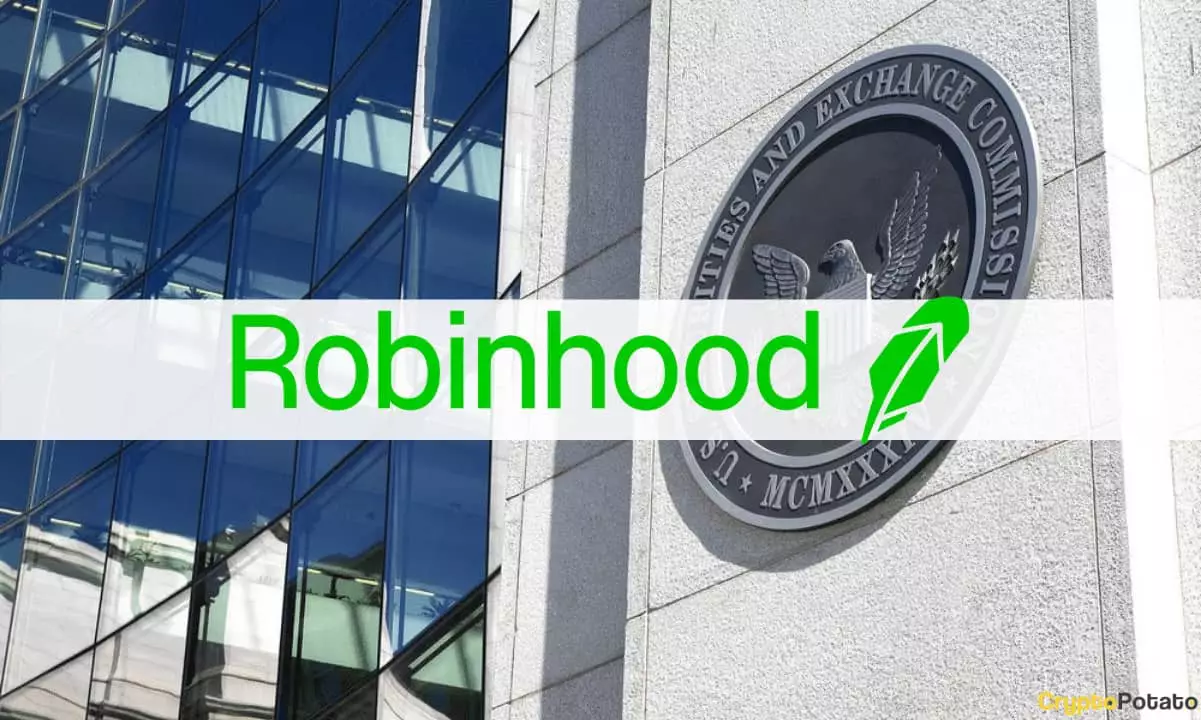Robinhood Markets Inc. has found itself in hot water with the Securities and Exchange Commission (SEC) after receiving a Wells Notice on May 4. The notice indicated that the SEC staff was considering recommending legal action against the company for alleged violations of Sections 15(a) and 17A of the Securities Exchange Act of 1934. This development adds Robinhood to the growing list of major players in the cryptocurrency industry facing scrutiny from the regulatory agency.
The potential lawsuit against Robinhood has not had a significant impact on the company’s stock price, with HOOD trading just slightly above the previous day’s close at $18.16. However, this latest legal challenge comes as part of a broader crackdown by the SEC on crypto trading platforms. Robinhood’s decision to delist certain cryptocurrencies earlier this year following an investigative subpoena shows the escalating tension between regulators and industry participants.
Robinhood is not the only crypto exchange facing regulatory pressure from the SEC. Kraken, Binance, and Coinbase have all been targeted for allegedly offering unregistered securities on their platforms. While some companies have chosen to pay fines and settle with the SEC, others, like Kraken, are opting to fight back in court. The battle between regulators and crypto exchanges highlights the ongoing struggle to define the legal status of digital assets in the financial markets.
Critics of the SEC’s approach argue that the agency is disproportionately focusing its resources on the crypto industry instead of its primary mandate to regulate traditional equity and debt markets. The SEC’s pursuit of companies like Robinhood, Kraken, and Uniswap Labs reflects a broader push to assert authority over the rapidly expanding digital asset space. Legal experts, such as Jake Chervinsky, caution that the SEC’s use of Wells Notices as a scare tactic may have far-reaching implications for the crypto market.
As the legal battle between Robinhood and the SEC unfolds, the outcome will likely set a precedent for how regulatory agencies approach cryptocurrency exchanges in the future. The industry’s rapid growth and evolving regulatory landscape pose challenges for both companies and regulators seeking to navigate the complex world of digital assets. The resolution of these legal disputes will shape the future of crypto trading and determine the boundaries within which companies like Robinhood can operate in the financial markets.

